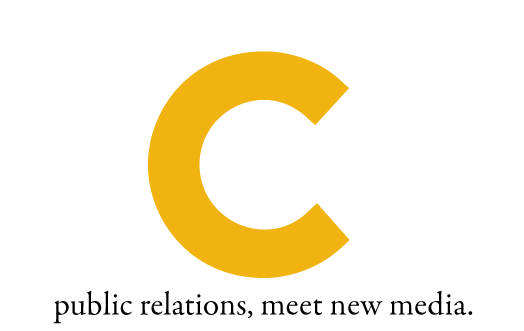 Basically, the upsides of Facebook are not that great. Facebook is a walled-off zone where user-generated content becomes the property of Facebook and can't even be accessed or exported outside of it. Most companies don't have a lot of success with Facebook. The branding benefits are dubious and there is no really effective way to use Facebook to drive sales. The corporate Facebook rush at times seems more like a capitulation to peer pressure than a strategy.
Basically, the upsides of Facebook are not that great. Facebook is a walled-off zone where user-generated content becomes the property of Facebook and can't even be accessed or exported outside of it. Most companies don't have a lot of success with Facebook. The branding benefits are dubious and there is no really effective way to use Facebook to drive sales. The corporate Facebook rush at times seems more like a capitulation to peer pressure than a strategy.
Never require anyone to use Facebook to interact with you in a particular way. For example, always make the same content available in an open format elsewhere.
Never require anyone to use Facebook to interact with their peers in a particular way. That is to say, don't make your part of Facebook into an exclusive club.
Always look for ways to pull people out of the lobster trap and into the greater connective commons. Use Facebook as an entry point into other, more broadly connective media, never the other way around.
Never develop content only for Facebook. This is a corollary of #1, but warrants emphasis.
Always work to make your network's social maps more generally visible. In other words, one of Facebook's strong features is being able to meet friends of friends. In the case of your networks, don't let Facebook be the only place that happens.
Never confuse Facebook with the social networks off of which it feeds. For example, don't name your social networking projects after Facebook or other media. Name them after the groups of stakeholders you are trying to empower.
Always be especially disciplined in your thinking where peer pressure is at work. Keep in mind how you are influencing people by virtue of the connections you're fostering.
-Adrianne (@msfener)
